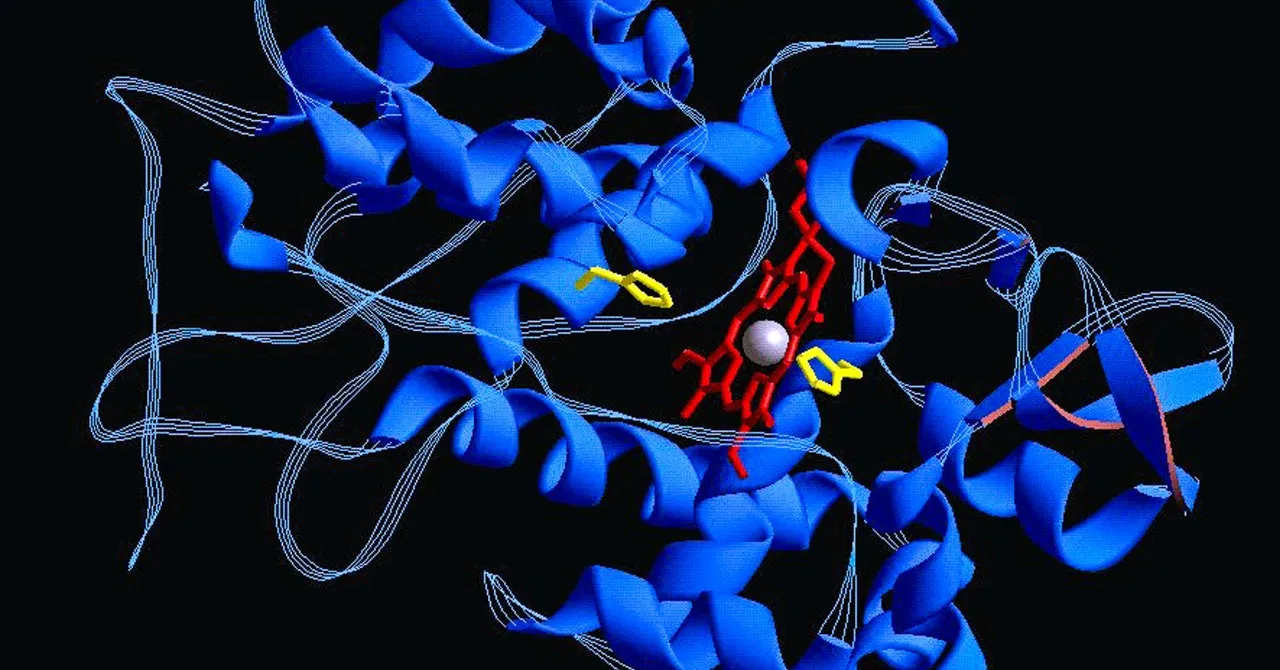Artificial Intelligence's Influence on Science: A Nobel Prize Perspective

Nobel Prizes Highlight AI's Role in Scientific Advancement
The recent Nobel Prize awards have spotlighted how Artificial Intelligence is transforming various fields of scientific research. Renowned figures like Geoffrey Hinton in physics and Hassabis in chemistry illustrate the combination of AI and hard scientific inquiry.
AI as a Catalyst for Change
The recognition of AI's contributions to science embodies a pivotal moment in academic circles, challenging traditional boundaries and urging a reevaluation of research priorities. As Google DeepMind showcases its innovative technologies, the impact on scientific research is profound.
- Increased AI publications in recent years
- Changing perceptions among researchers
- The challenge of maintaining rigorous scientific integrity
Future Implications of AI Nobel Recognition
Experts believe this may usher in a new era of AI focus, potentially skewing research quality. While it’s thrilling to see AI in science come to the forefront, there are concerns regarding the genuine advancements being made. The call for responsible use of AI tools is louder than ever, as researchers balance accolades with the need for substantive inquiry.
This article was prepared using information from open sources in accordance with the principles of Ethical Policy. The editorial team is not responsible for absolute accuracy, as it relies on data from the sources referenced.